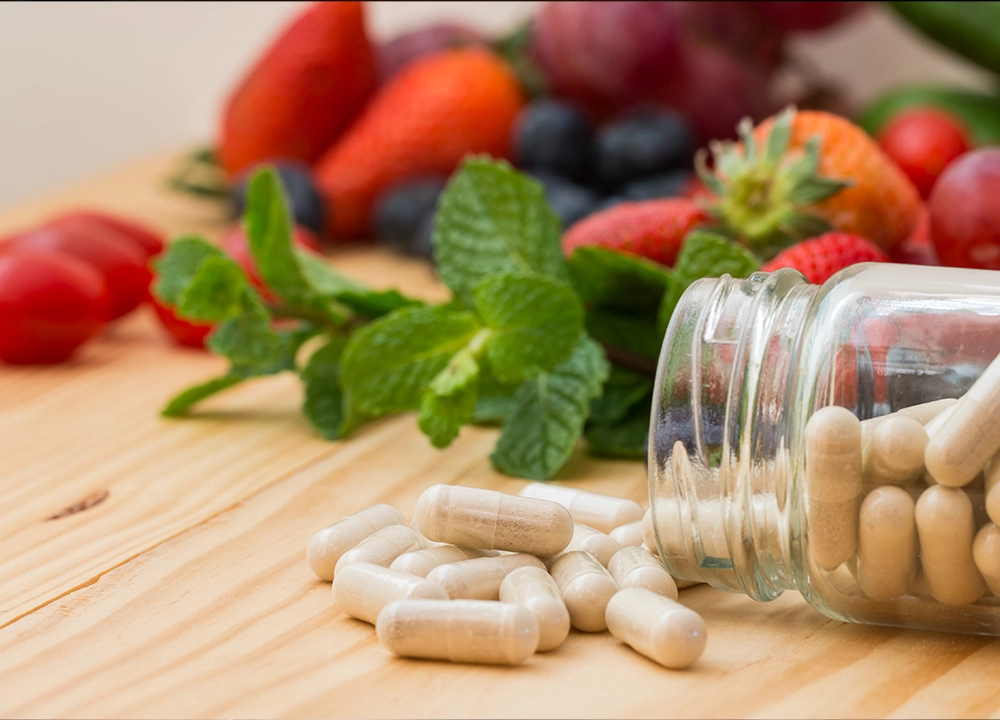Natural Dietary Supplement: Practical Guide to Choosing and Using Them
Want to try a natural dietary supplement but not sure where to start? Good—most natural supplements can help, but some do nothing and a few can cause real harm. This short guide tells you what to check on the label, which forms make sense, and how to avoid risky products when shopping online or in stores.
How to pick a good supplement
First, read the label. Look for active ingredient amounts (not just the herb name), serving size, and the full ingredient list. Avoid products that hide doses behind proprietary blends. Prefer supplements with a clear dose per capsule or teaspoon.
Choose third-party tested brands. Seals from USP, NSF, or ConsumerLab mean the product was checked for contaminants and that it contains what it claims. No seal doesn’t always mean bad, but it does mean you should be more cautious.
Think about the form—capsules and tablets give a precise dose. Tinctures and teas can work, but strength varies by batch and by how you prepare them. If you want predictable effects, pick a standardized extract with a listed percentage of the active compound.
Look for simple ingredient lists. If a product has a dozen extra spices or exotic fillers, ask why. Fewer, well-dosed ingredients are easier to judge for safety and effectiveness.
Safety tips, dosing, and interactions
Natural doesn't mean harmless. Tell your healthcare provider about every supplement—especially if you take blood thinners like warfarin, blood pressure meds, antidepressants, or diabetes drugs. Herbs such as St. John’s wort can change how prescription medicines work.
Start small. Try the lowest effective dose for two weeks before increasing. Watch for stomach upset, rashes, headaches, or changes in sleep. If you notice anything odd, stop and check with a clinician.
Special groups need extra caution: pregnant or nursing people, young children, and those with autoimmune or liver conditions should avoid starting new supplements without professional advice.
Want examples? Buck’s-horn plantain supplements can support digestion and mild immune responses; wild thyme is used for respiratory support and may help with cough or mild airway inflammation; Arnica is often taken for joint recovery and sore muscles. Each has evidence for certain uses but also limits—read the product specifics and research summaries before committing.
Buying online? Pick sellers with clear contact info, transparent ingredient lists, and visible testing seals. Avoid deals that look too good to be true or stores that push heavy discounts but no product details. On sites like genericday.su you’ll find reviews and deeper dives on specific herbs and safety tips that help you compare brands and forms.
Store supplements in a cool, dry place and check expiration dates. When trying multiple products, add one at a time so you can spot which one causes effects or side effects.
Final thought: a well-chosen supplement can help, especially when paired with a decent diet and sleep. Be picky, read labels, and ask questions—your body will thank you.
I recently discovered Boldo, a natural dietary supplement that has truly transformed my life for the better. Not only does it promote overall health and well-being, but it also aids in digestion and detoxification. I've noticed increased energy levels and improved mental clarity since incorporating Boldo into my daily routine. If you're looking for a natural way to enhance your health and happiness, I highly recommend giving Boldo a try. Trust me, you won't be disappointed!



